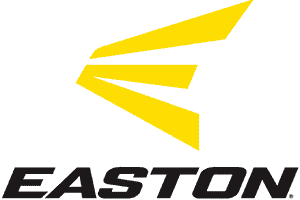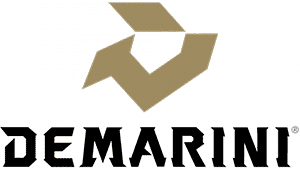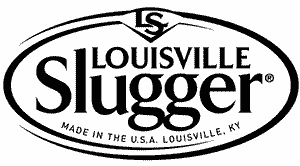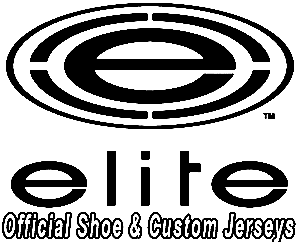» Latest news Sections: Obituaries | Tournaments | Womens' Corner | Editorials » For Advertisers: Editorial Calendar
AMERICAN CORPORATIONS QUIETLY BUYING BACK STOCK
Sept. 1, 2010 – Jack Sirard contributing writer
On a quiet day of trading on a recent Wednesday, Tyco International Ltd. made a bit of news that largely went unnoticed on Wall Street.The Swiss manufacturer announced plans to buy up as much as $1 billion of its own common stock, ticker symbol TYC.
On the news Tyco shares rose a modest 74 cents to close the day at $39.58, near the upper levels of its 52-week trading range. While it’s not big news on the surface, that 74-cent gain represented a rise of 1.9 percent in a single day of trading.
While most investors aren’t going to get rich off of a such a move, it does increase their chances of seeing better price performance with the stock in the weeks and months ahead.
Why? Good question.
When a company buys back its own shares, it not only increases the percentage of a shareholder’s stake in the company, but it also boosts its per-share earnings.
In Tyco’s case, the company announced that it would be buying back the shares from time to time, based on market conditions. In other words, if the stock drops, Tyco will no doubt swoop in and buy up shares on the open market.
Tyco isn’t alone in hoping to take advantage of market conditions by announcing major stock repurchase agreements.
In fact, while much of the nation has been going through the worst recession since the Depression era of the 1930s, dozens and dozens of American corporations have been quietly building up their cash reserves.
And as 2010 draws nearer to a close, executives are beginning to open up their corporate wallets looking either to buy other companies or to invest in their own stock.
Another company making news with its stock repurchase announcement was high-tech heavyweight Hewlett Packard (ticker symbol HPQ). The Silicon Valley giant authorized an additional $10 billion for share repurchases.
The company already was working under an $8 billion program that it launched in November 2009, of which Hewlett Packard has already spent $3.1 billion. Hewlett Packard plans to spend $3 billion during the fiscal fourth quarter on its own stock.
Two other high-tech companies, Plantronics and QLogic, are adopting similar buyback strategies.
Plantronics (ticker PLT) plans to buy back 1 million shares of its common stock and QLogic (ticker QLGC) increased its stock buyback program by $200 million over the next two years. This brings the total authorization to $1.75 billion, or more than the company's entire market capitalization.
Even some much smaller companies such as watch and accessories maker Fossil (ticker FOSL) are getting into the act in a big way. This company plans to buy up to $750 million of its stock over the next few years. If it completes the deal, it represents nearly one quarter of the firm’s market cap.
When a company is both sitting on a pile of cash and its stock price is severely depressed, its going to be under considerable pressure from its shareholders to do something to increase its value in the market. These activist shareholders may be anyone from Joe Lunchbucket to the largest institutional investors on the planet.
At the same time, most corporate execs know that when they announce a stock buyback, investors jump on the stock, pushing the value of the company’s stock up which in turn makes the execs look even better in the eyes of the shareholders.
Tyco certainly isn’t one of those hot-shot companies that makes lots of headlines. Instead, it’s a company that makes a range of boring industrial products like security systems and steel tubes.
It’s also a company that has seen its stock outperform many of the better known names on Wall Street. Over the past year, Tyco’s stock has shot up about 20 percent, compared with about 7 percent for the stock market as a whole.
Most investors will take that any day.
Jack Sirard, a retired nationally syndicated financial columnist, is a Senior Softball-USA writer/editor.














